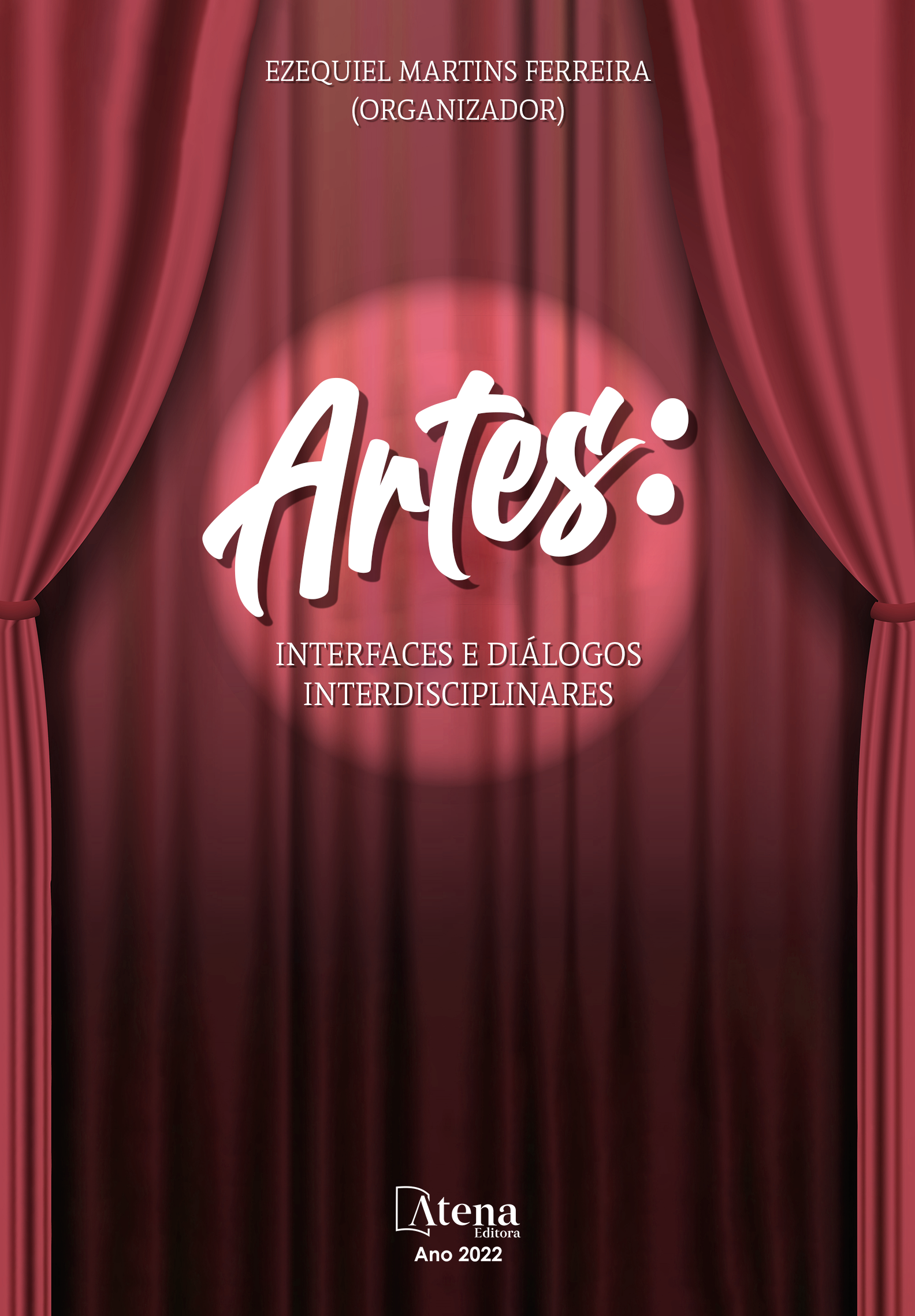
DA NECESSIDADE DO TEATRO PARA A SOCIEDADE: DIÁLOGOS ENTRE DENIS GUÉNOUN E AUGUSTO BOAL
Este artigo almeja propor uma reflexão acerca da necessidade do teatro: de fazer teatro, de ver teatro, dentro da sociedade contemporânea. São colocadas em diálogo as ideias de Denis Guénoun na obra O teatro é necessário?, com as de Augusto Boal, concernentes ao Teatro do Oprimido. O teatrólogo francês discorre sobre as necessidades políticas, psicológicas e artísticas do indivíduo em relação ao teatro e argumenta que o que possui de mais relevante, após o advento do cinema, é o jogo do ator em cena. Boal, por outro lado, vem propor uma forma em que seus espectadores agem, observam e então entram em cena, estabelecendo o fazer teatral como um ensaio para a revolução. Ao teatro, para Boal, é conferido título de necessidade ao passo que se entende que a mobilização popular não é apenas necessária, como precisa ser pensada e experimentada de maneira prática. Assim, o dialogismo entre as ideias de Boal e Guénoun com relação à necessidade de teatro permite acrescentar como uma de suas funções imprescindíveis a importância social que o teatro ganha ao reunir as figuras de espectador e ator dentro do fazer teatral. Os autores concordam na revisão das fronteiras da ação/observação como primordial para a evolução do teatro como expressão artística e social em consonância com as mudanças da sociedade.
DA NECESSIDADE DO TEATRO PARA A SOCIEDADE: DIÁLOGOS ENTRE DENIS GUÉNOUN E AUGUSTO BOAL
-
DOI: 10.22533/at.ed.5302211033
-
Palavras-chave: Artes cênicas; Sociedade; Teatro do oprimido; Jogo do ator; espect-ator.
-
Keywords: Theatre arts; Society; Theatre of the oppressed; Performing game; spect-actor.
-
Abstract:
This paper aims to discuss the necessity of theatre, of making theatre and of watching theatre, within society. Two ideas are confronted: those of Denis Guénoun from the work Is theatre necessary?; and those of Augusto Boal, concerning the Theatre of the Oppressed. The French scholar discusses the political, psychological and artistic needs concerning theatre and argues that its main relevance, after the rise of cinema, lies in the actors' performing game on scene. Boal, on the other hand, proposes a model in which the spectators act, observe and come into play, establishing theatre-making as a rehearsal for revolution. According to Boal, the title of necessity is conferred to theatre once it's understood that popular mobilization is not only necessary, but must be thought of and experimented in practice. Thus, the debate between the ideas of Boal and Guénoun, concerning the necessity of theatre, makes it possible to add to the role of its essential functions the social importance it takes on when combining the figures of spectator and actor within theatre-making. The authors concur in the vital need of reviewing the borders between action/observation for the evolution of theatre as a form of artistic and social expression aligned with the changes of society.
-
Número de páginas: 10
- Amanda P Lima


